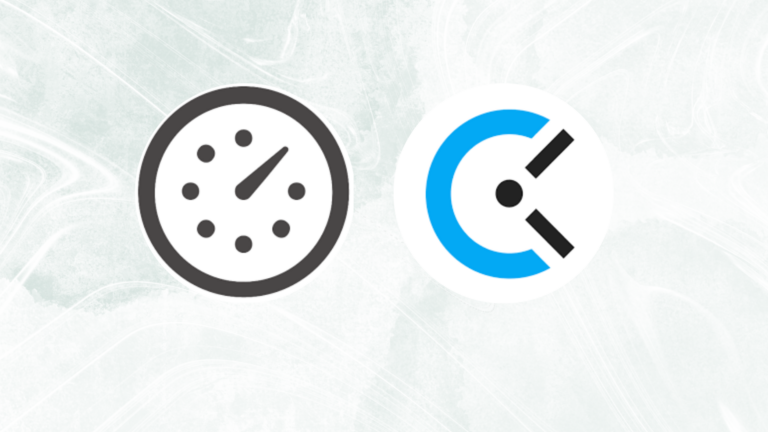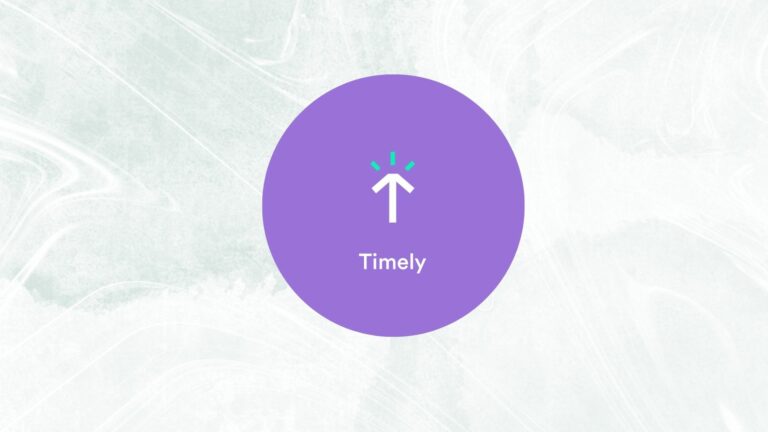In our increasingly distracted society, it’s hard to claim there’s any greater skill than focus. From meetings to emails to calls to multitasking, our days are getting more and more dispersed. And so are our minds.
Just think about your relationship with communication technologies. In our own research, we found that the majority of knowledge workers are unable to spend longer than 6 minutes without checking their inboxes.
How can someone be expected to produce significant work in 5-minute chunks? The honest answer is, YOU CAN’T. There has to be a better choice.
Deep Work, is the answer to our focus-fractured days. It’s a technique to prevent distractions, break away from “shallow work” like emails, and focus intensely on significant work.
The concept was coined by Cal Newport, a renowned author and computer science professor at Georgetown University, in a 2012 blog post and expanded upon in his 2016 bestselling book, Deep Work: Rules for Focused Success in a Distracted World. By Newport’s definition, deep work refers to:
“Professional activity performed in a state of distraction-free concentration that push your cognitive capabilities to their limit. These efforts create new value, improve your skill, and are hard to replicate.”
The capacity to conduct deep work is becoming rare at the same time that it is becoming increasingly valuable in our economy,” as Newport writes. Consequently, those who put in the time and effort to master this ability and make it their life’s work will be rewarded handsomely.
This is a practical guide derived from the ideas presented by Newport in Deep Work. While we highly encourage reading the book in its entirety, this guide condenses the research and recommendations into a single, actionable resource that you can refer to again as you develop your deep work practice. You will find out the benefits of regularly losing yourself in meaningful work and how to incorporate deep work into your life so that you can perform at a higher level.
Table of contents
Learn How to Practice Deep Work
Learning how to practice deep work requires you to be more intentional than you’ve ever been in sitting down regularly to concentrate on high-impact tasks. These strategies will help you select your preferred form of deep work, build a routine from scratch, and provide operating principles and tactics for embracing the power of directed focus.
A. Choose Your Deep Work Strategy
Even if you are convinced of the merits of deep work, you may be at a loss as to how to incorporate it into your daily routine. For those interested in arranging deep work, Newport outlines four options:
- The Monastic Philosophy of Deep Work Scheduling: It is the most committed type of deep work, scheduling is devoting one’s entire workday to a single, highly focused task. Most individuals can’t adhere to this attitude since their jobs need them to transition between different types of work with varying degrees of success, even though it offers the highest potential for reward and the least amount of context flipping. When your go-to answer to unexpected obligations is “no,” you effectively shut the door to any future possibilities.
- The Bimodal Philosophy of Deep Work Scheduling: This approach permits a great deal of concentrated work while letting you keep up with other pursuits that are important to you. If you want to successfully adopt this mindset, you’ll need the freedom to divide your time into larger blocks of intensive work whenever you see fit during the year, the month, or the week.
- The Rhythmic Philosophy of Deep Work Scheduling: Perfect for those who have a routine that rarely changes. It is possible to enter into a daily “rhythm” in which you devote a certain number of hours to deep work and the remaining time to superficial work if you know in advance how most of your days will unfold.
- The Journalistic Philosophy of Deep Work Scheduling: If you don’t have a regular routine and are always on the go, you may benefit from the Journalistic Philosophy of Deep Work Scheduling. This strategy calls for careful time management and an acute awareness of the ebbs and flows of your day, during which you may be able to engage in concentrated work for 30 minutes or an hour. Those without prior expertise with deep work should probably avoid this approach, as they will likely fail.
Select the deep work philosophy that best suits your work and life. Also, feel free to experiment before you land on a method that finally takes hold in your schedule.
B. Build a Deep Work Routine
Practicing intention with your time and considering when you’ll fit in periods of focus is an important part of succeeding with a deep work habit.
Think about these things when you create your own routine for focused work:
- Location: Finding a quiet, comfortable location where you won’t be interrupted is essential for sustained concentration. If you can’t find a quiet location, noise-canceling headphones might let your brain know it’s time to go to work. Maintaining a routine in your workspace will help you settle down and get to work faster.
- Duration: Before beginning a period of focused work, it is important to set a specific time goal. You can work with as little as 15 minutes every session and gradually increase it. As you practice deep work, you’ll develop a sharper focus.
- Structure: Develop a routine and establish your standards for focused work. When you talk, will your phone be on or off, for instance? Are you going to let yourself go online? Is the snack room or kitchen within walking distance? How are you going to measure your performance? Is it going to be word count, number of lines coded, number of pages read, or something else entirely? Make your guidelines clear and stick to them for the duration of your focused work time.
- Requirements: After a few concentrated sessions, you’ll get a sense of what you need to sustain your work to deep work. This could be anything from your preferred genre of music to your brew of coffee to the availability of a particular piece of software. Having everything you need at the ready is a must.
C. Execute a Grand Gesture
Sometimes day-to-day attempts at deep work don’t feel adequate for a goal we’re striving towards. In this case, Newport suggests enacting a “grand gesture”:
“By leveraging a radical change to your normal environment, coupled perhaps with a significant investment of effort or money, all dedicated toward supporting a deep work task, you increase the perceived importance of the task.”
Initiate a grand gesture for instance, by requesting your manager to allow you to work from home for an entire week to complete an essential assignment if you’re feeling stifled or unmotivated by your office environment. Also, if you normally work on your paper for 20 minutes at a time, switching to a whole day in the library will feel like a huge shift. Bill Gates’ “think week,” in which he spends two weeks at his cottage, twice a year, reading and contemplating Microsoft’s future, is a well-known example of this type of deep work strategy.
D. Work Collaboratively With Others
Focusing on “serious work” typically entails working alone for hours. When we put our heads together with others, though, we can tap into a wellspring of “serendipitous creativity” that we might not be able to get into on our own. Even if we commit to a deep work practice, we can still enjoy the benefits of teamwork. It’s rather the opposite; they complement one another wonderfully: ideas that we’ve been exposed to during our time spent learning from others may be explored at more length during our time alone in deep work mode. The fallacy of open-floor office design is that it can solve both problems at once.
Additionally, you can practice “collaborative deep work” in which you work with someone on a problem, both pushing each other towards great outputs along the way. While time for solo deep work remains important and is something employers should prioritize, collaboration is a powerful tool that should be used regularly.
Remember that Deep Work is just one of many strategies you can use to be smarter with your time
To execute Deep Work, Newport offers a lot of the old standbys—distance yourself from social media, prioritize and arrange your responsibilities, avoid shallow work, get adequate rest… However, one of the most powerful features of the technique goes against how most people operate:
“It’s an idea that might seem extreme at first but will soon prove indispensable in your quest to take full advantage of the value of deep work: Schedule every minute of your day.”
It sounds a bit extreme, that’s because it is. But it promises more focus and less time on “busy work”, then why not at least give it a try?


